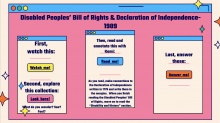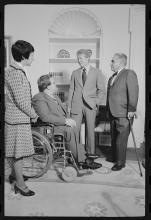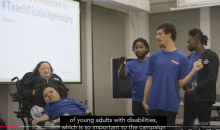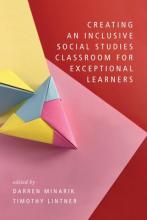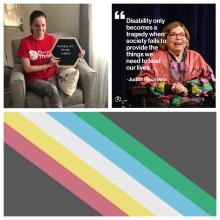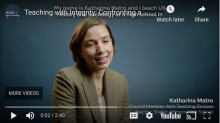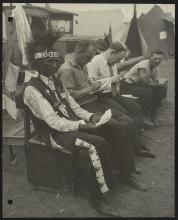The Dehumanizing Effects of Eugenics: Disability History Lesson Plan
By Rich Cairn
The engravings on the right of two young women are haunting. Aside from the clothing, these faces could easily be high school or college students today. Yet these images appeared in the New York Tribune in 1912 under the headline, “Eugenists Would Improve Human Stock by Blotting Out Blood Taints,” with the subheading, “Menaces to Society.” These women represent the millions of targets of eugenics.


